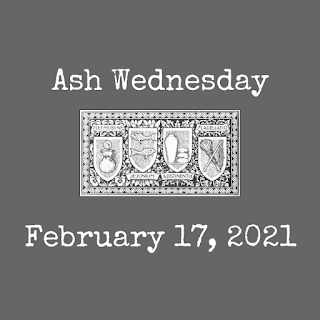From 2004 by Michael Dubruiel
About Michael Dubruiel
This past summer on our way to Florida, Amy and I stopped at the gravesite of Martin Luther King Jr. I had been there before, a number of times. Though it is close to downtown, there is a quiet that persist--obviously this was not the case the other day when President Bush was there--but the times I've been there, although a crowd is present, most are quiet, reflecting.
What are they reflecting on?
Non-violence, peaceful protest, offer no resistence--the teachings of Christ! For what made Dr. King's message different and in the end successful was the apparent failure of it. Like the master he preached--his tomb stands like a cross planted squarely in the middle of the south. The relecting pool surrounding it reflects the faces of humanity who walk around it.
It was Christian faith, radical belief in the message of Jesus that led the civil rights movement of Dr. Martin Luther King Jr. and sadly that very faith has been forgotten by many who wish to follow in his footprints. But who can blame them when they see the tomb of Dr. King, they see the price of the taking up one's cross and following the master.
We also visited the Ebenezer Baptist Church nearby. I had never been inside the church before--since it was undergoing renovations. Amy and I were both shocked at how small it was--having seen in on television countless times, it seemed large. But alas it wasn't..."if you had faith the size of a mustard seed, you could say to that mountain."
There will be many talks given today, that will laud Dr. King and his contribution to our society. There will be many proclamations about the progress we have made and some lamentation about how much further we have to go. But the saddest indictment will not be that we have not moved far enough in recognizing all people as our brothers and sisters--but rather that most of us have forgotten the one Father that we share that makes us all brothers and sisters!
At the Lorraine Motel in Memphis, TN where Dr. King was shot there is a historical marker with a quote from Genesis..."here comes that dreamer, let us put an end to him and then see what becomes of his dream." Of course the dreamer spoken of in Genesis is Joseph and his dream was given to him by God and nothing men could do could destroy or keep that dream from coming to fruition. Ultimately God always wins...



